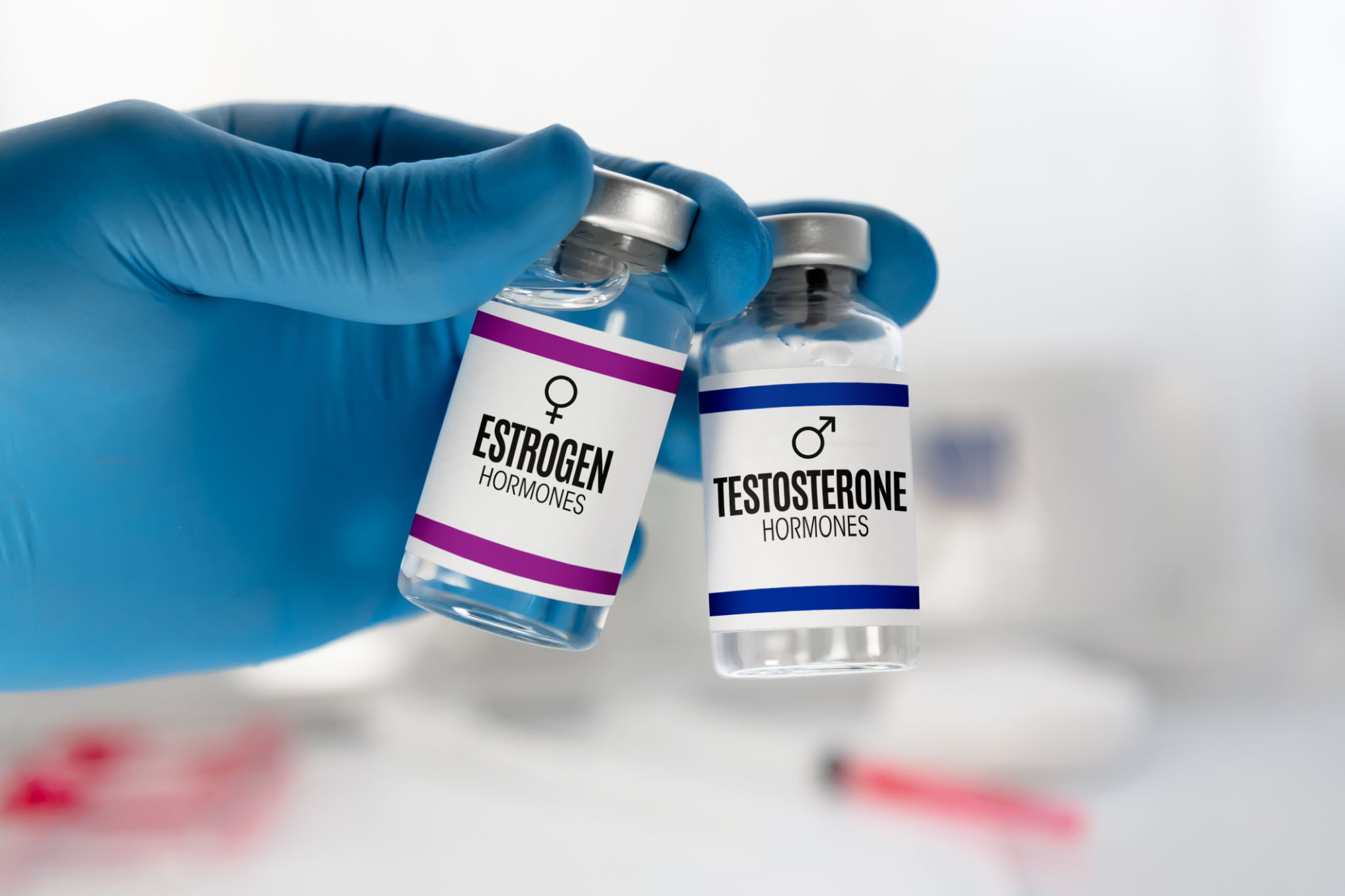The Role of Nutrition in Hormone Therapy: Insights for Athens Residents
Understanding Hormone Therapy
Hormone therapy is a critical treatment option for various health conditions, including menopause, hypothyroidism, and certain cancers. It involves either supplementing or blocking hormones to achieve a desired health outcome. While the treatment itself is effective, many factors play a role in its success. Among these, nutrition stands out as a key element that can significantly influence the effectiveness and side effects of hormone therapy.

The Connection Between Nutrition and Hormones
Hormones are chemical messengers that control numerous physiological processes, and their balance is essential for good health. Nutrition directly impacts hormone levels and functionality. Consuming a balanced diet helps regulate the body's natural hormone production, ensuring that hormone therapy can work more efficiently. Certain nutrients can enhance or hinder hormone production, making dietary choices an integral part of therapy.
Essential Nutrients for Hormone Health
A diet rich in specific nutrients can support hormone health. These include:
- Omega-3 fatty acids: Found in fish oil, flaxseeds, and walnuts, these fats are crucial for reducing inflammation and supporting brain function.
- Fiber: Helps in the excretion of excess hormones from the body. Foods like oats, beans, and vegetables are excellent sources.
- Protein: Essential for hormone production. Lean meats, legumes, and dairy provide high-quality protein.
The Role of Antioxidants
Antioxidants play a significant role in protecting the body's cells from damage, including those involved in hormone production. Foods rich in antioxidants include berries, green tea, and dark chocolate. Incorporating these into your diet can support overall health and enhance the effectiveness of hormone therapy.

Managing Side Effects Through Diet
Nutritional strategies can also help manage some side effects of hormone therapy, such as weight gain or nausea. For instance, ensuring adequate hydration and consuming smaller, more frequent meals can mitigate nausea. Additionally, focusing on whole foods rather than processed options can help maintain a healthy weight during treatment.
Local Dietary Options in Athens
Athens residents are fortunate to have access to a variety of fresh produce and local specialties that can enhance their nutritional intake. The Mediterranean diet, which is abundant in fruits, vegetables, whole grains, and healthy fats, is particularly beneficial for hormone health. Embracing local markets and seasonal foods can make maintaining a hormone-supportive diet both enjoyable and sustainable.

Consulting with Healthcare Professionals
While making dietary changes can be beneficial, it's important to consult with healthcare professionals when undergoing hormone therapy. Nutritionists or dietitians specializing in hormonal health can provide personalized recommendations that align with individual treatment plans. Regular consultations ensure that dietary adjustments complement medical treatments effectively.
The Importance of a Holistic Approach
Incorporating nutrition into hormone therapy highlights the importance of a holistic approach to healthcare. By considering all aspects of well-being, including diet, lifestyle, and medical treatments, individuals can optimize their health outcomes. Emphasizing nutrition as part of hormone therapy not only supports treatment efficacy but also enhances overall quality of life.